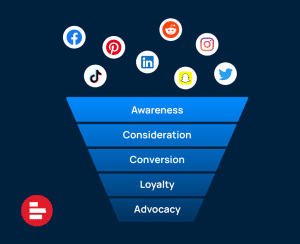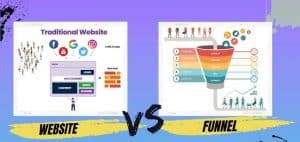A funnel is important in a coaching business because it helps to guide potential clients through a series of steps or stages that are designed to turn them into paying clients.
A funnel typically starts with attracting potential clients through marketing efforts such as social media advertising, email marketing, or search engine optimization.
Once potential clients are aware of the coaching services being offered, the funnel then moves them to the next stage, where they are encouraged to express interest or take some form of action, such as filling out a contact form or scheduling a consultation.
The next stage involves nurturing these potential clients by providing them with more information about the coaching services, answering any questions they may have, and building trust and rapport with them.
Finally, the funnel ends with the conversion stage, where potential clients are offered an opportunity to become paying clients by signing up for coaching sessions or programs.
By having a well-designed funnel in place, a coaching business can streamline its marketing and sales processes, improve conversion rates, and ultimately generate more revenue. It also allows coaches to focus their efforts on the most promising leads and spend less time on unqualified prospects.











